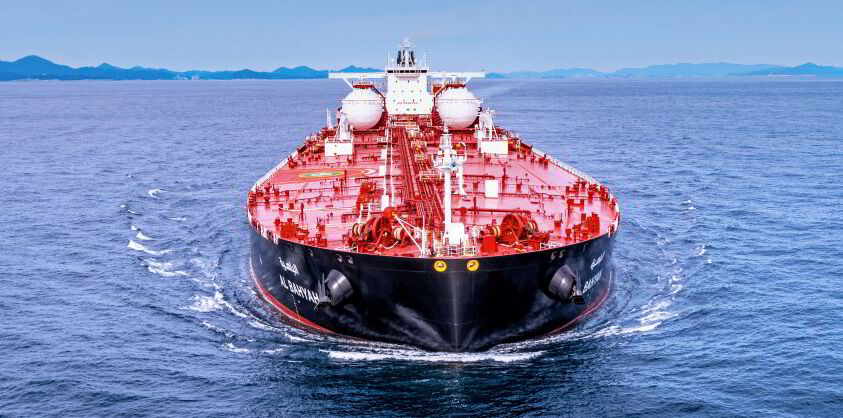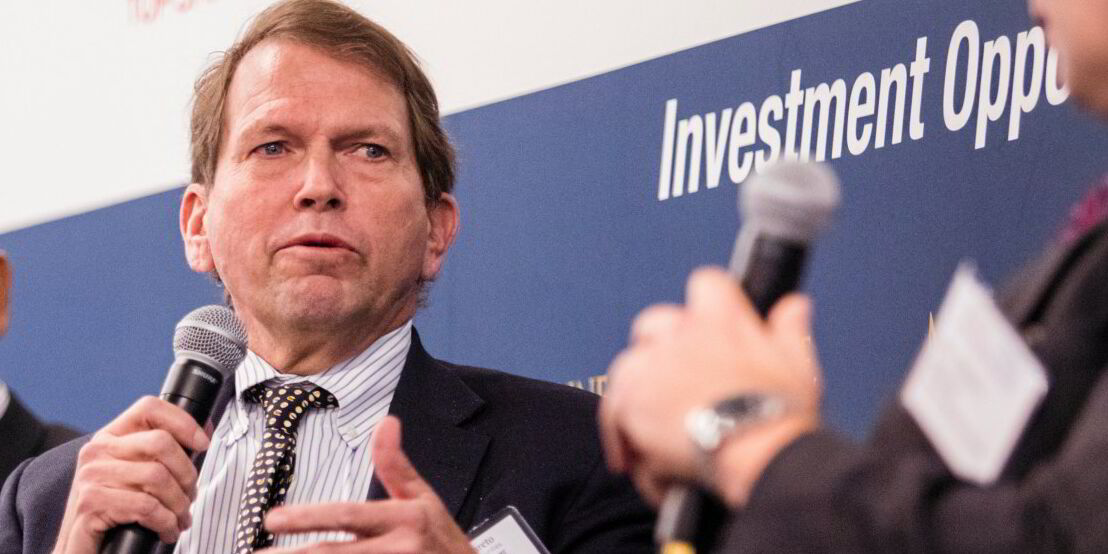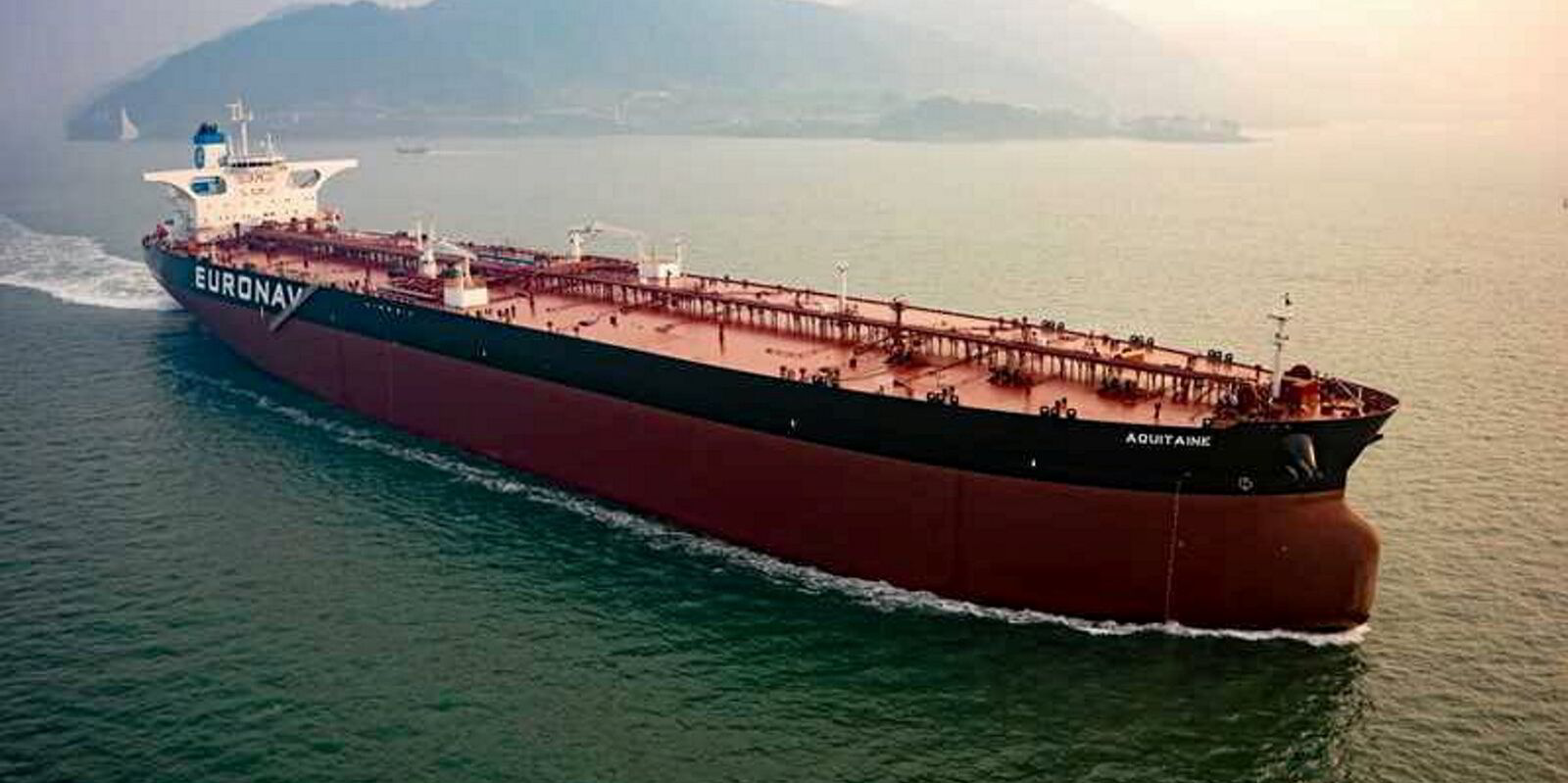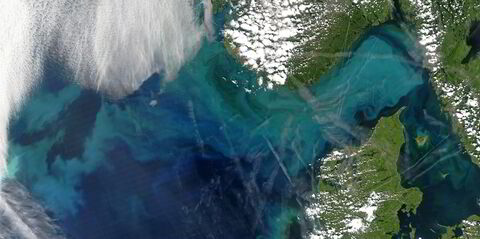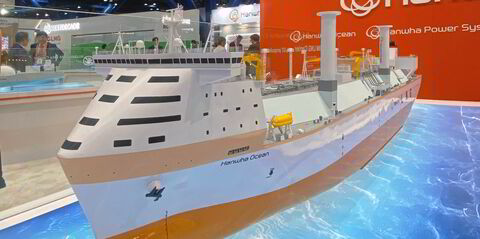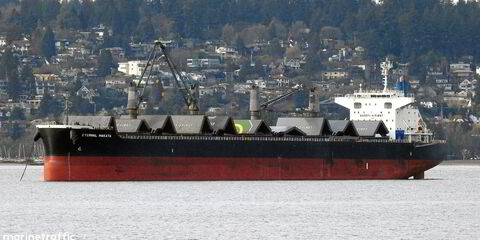Frontline boss Lars Barstad is not ruling out further acquisitions following the huge purchase of 24 VLCCs from Euronav last year.
And it is privately-held assets that could hold the most potential for the John Fredriksen company, he told Seeking Alpha.
Frontline famously ran into opposition from the Saverys family when attempting a merger with US and Brussels-listed Euronav.
Speaking on a podcast with analyst J Mintzmyer, Barstad was asked whether Frontline would exploit its trading premium to net asset value to close more deals.
“There is always a potential,” he said. “But…shipping is a little bit special in that there is very often a dominant owner or a very strong management team that doesn’t necessarily think it’s wise to partake in an acquisition.”
“And as we know, a hostile attempt would never really work,” the CEO added.
He told the podcast: “But there are some assets around, maybe not necessarily listed ones, that could be interesting to us. But so far, we’re very content, we’ve consumed the transaction that we did with Euronav.”
“And we’re always there to look at potential creative deals, but there is nothing imminent. And if there were, I wouldn’t really say on this call anyway,” Barstad said.
The Frontline boss was also asked whether any private owners of tankers would take Frontline shares as part of a sale.
Barstad said: “There’s always dialogue in that respect. For us, it’s not about the number of vessels we have. It’s basically the quality and our expectation for that asset class to perform that directs us in how we conduct ourselves in the market.”
Building scale
He gave the Euronav deal as an example, describing it as very logical.
“Our suezmax fleet was larger than the VLCC fleet. And that’s not, historically, something we’re really used to,” the CEO said.
“The freight…it’s basically about dollar per tonne, or dollar per barrel transportation cost, which means that benefits of scale do play a part.
“And also, the marginal cost of owning and running the various asset classes is not that different between them. And this is why we’ll always try and focus on the larger sizes and VLCCs,” Barstad explained.
He said whether a ship is owned privately or publicly does not really matter.
The question is whether Frontline can use its stock as currency.
“And that’s basically how we think about it and how we roll,” Barstad told Mintzmyer.
He pointed out that the company now has nearly 30,000 spot days per year with its expanded fleet, and this can amass a significant amount of money if rates rise as expected over the next two years.
The executive said: “I’m not saying that we’re 100% in harvest mode, but we’re at least thinking about where we are in the cycle.
“And potentially, when you are nearing, not the top, but where the cycle is really coming into play, it’s very important not to be too aggressive on accumulating assets, too close to whenever the party is over,” he concluded.


